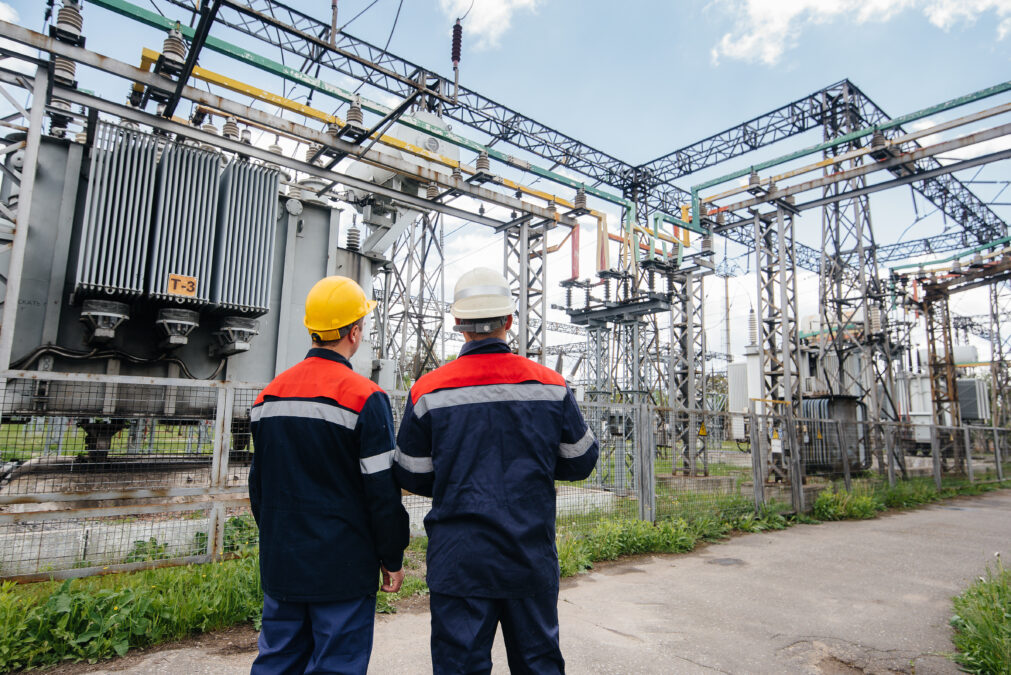The energy market has evolved tenfold in recent years, from the way businesses facilitate and monitor usage to how electricity is sourced and supplied.
Technology has infiltrated the utilities market with smart monitoring systems and mobile battery packs, whilst climate change makes us more mindful of our energy choices with a move towards renewable sources. As consumers, this clearly illustrates that people are embracing the shifting energy landscape so why aren’t businesses along for the ride?
With power grids overrun with demand, businesses must play their role in alleviating some of that pressure, by taking the necessary steps to control their own power source particularly at times when demand might outweigh supply.
>See also: IoT: shifting energy and managing national power demands
The falling cost of battery storage creates a timely opportunity to increase the use and grid parity of renewables, granting both commercial users and consumers better control over their energy usage and power bills. This in turn has the potential to strengthen and secure an ageing power grid in the UK.
Making an investment in commercial storage goes beyond a call to help save the environment – there are genuine business benefits which make battery storage systems a valid and feasible approach to storing and monitoring energy capacity on-site, which can provide a route to transformative change for both business and society as a whole.
Empowering businesses
On-site energy storage systems ultimately ensure the smooth running of a workplace. Their ability to enable commercial and industrial businesses to become more sustainable by controlling their power bills, supply risks via a backup power is the pinnacle of energy efficiency.
The most obvious benefit of battery storage though is its flexibility, making it an ideal complement to slower but higher-capacity stores of energy such as pumped hydro or natural gas reserves.
However, beyond grid stability, the benefits of battery storage systems are multiple, including greater stability of the power grid and an enhanced capacity to absorb renewable power; opportunities for power generators to maximise revenue and minimise costs; more resilient local grids even in case of natural disasters or loss of the main grid, and of course the opportunity for companies to decarbonise their energy footprint.
>See also: How to improve data centre energy sustainability?
Investing in energy storage can save businesses operational expenditure, generate additional revenues, and often critically ensure resilience. As grids move to support renewable energy source, many businesses cannot afford the financial losses or productivity drains that would result from a grid blackout.
With storage, by working with aggregators, businesses not only protect themselves and reduce electric bills, but additionally the investment is profitable, because they can now sell grid ancillary services, thus opening up a whole new revenue stream.
What’s the hold up?
What many British businesses don’t realise is that on-site energy storage is increasingly viable as a way to proliferate the value of both energy producing and energy using assets they already have – whether it is a solar panel, air conditioner or freezer.
So again, why is it that more business leaders aren’t jumping at the chance to invest in energy storage? Put simply, it is a technology seldom understood from a commercial perspective.
Although the benefits are numerous, to suitably reap the rewards of efficient energy storage, businesses must invest and really work to understand the intricacies involved in implementing batteries into an organisation’s infrastructure.
>See also: How the Internet of Energy will usher in the hybrid home
However, once integrated into an overarching strategy, the storage will take organisational self-sufficiency to another level.
As our society becomes more ‘electrified’ and the strain on the grid increases, more needs to be done to ensure that smart technology can balance the supply at peaks time. Businesses have their part to play here.
Energy storage arms businesses with the power of choice to optimise their costs and offers them flexibility for the future. Employers already see advanced aggregators working with businesses to educate and inform them on the extra money to be made while supporting the transition to a smarter, environmentally-friendly energy grid.
As the tide of change continues to evolve, storage will undoubtedly become even more viable as fossil-fuel alternatives become less competitive. So what exactly are you waiting for?
Sourced by Louis Shaffer, distributed energy segment leader EMEA, Eaton










